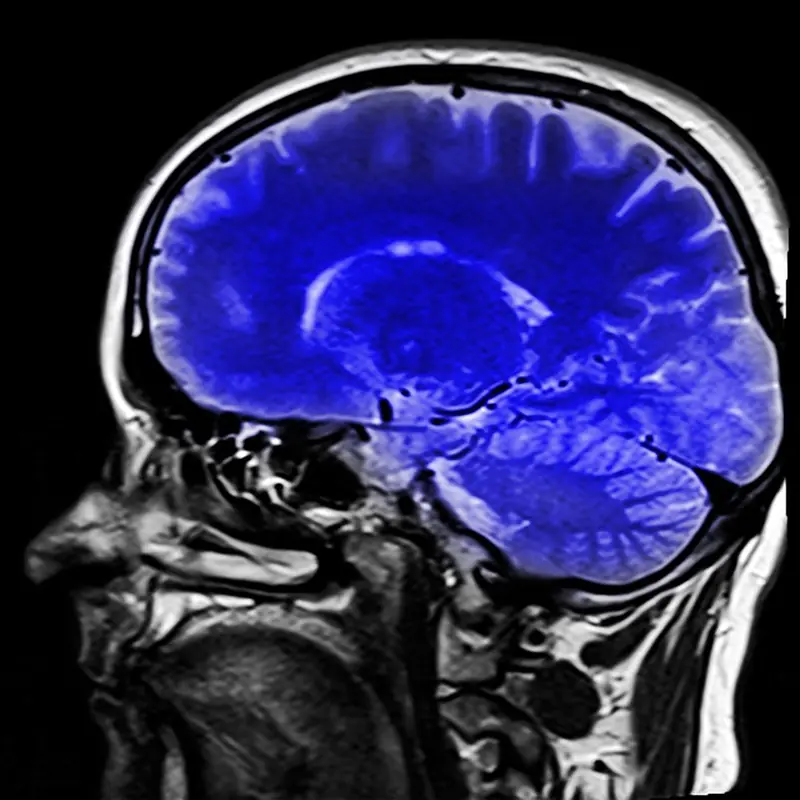The positive impact of nature on human health has long been recognized by scientists. Recently, a team from the University of Vienna (Austria) and the University of Exeter (United Kingdom) demonstrated that viewing live nature or looking at photographs of landscapes can help alleviate pain. “However, the underlying reasons for this effect remain unclear,” noted Austrian neurobiologist Maximilian Steininger, the lead author of the study. Given that people have a fondness for nature, the pain relief could be attributed to a placebo effect. The researchers also speculated: what if it’s not nature that reduces pain, but rather urban life that intensifies it? What did the scientists discover?
During the study, the researchers monitored the brain activity of 49 volunteers using functional magnetic resonance imaging (fMRI).

Participants watched various video clips while simultaneously receiving a series of electric shocks (some more painful than others) to the back of their left hand. In the first video, viewers saw a lake surrounded by swaying trees, accompanied by the rustling of leaves and birdsong in the background. The second scene featured greenery alongside urban elements like buildings, benches, and alleys, set against the backdrop of city noise. The third video presented an office with dreary furniture, with sounds that matched the environment.
Participants reported feeling less pain while watching the natural landscapes. Moreover, the fMRI results showed that changes were occurring in their brains during this time. “Our study is the first to provide evidence through brain scanning that this is not a placebo effect,” stated Steininger. The nature scenes triggered a decrease in activity in the nociception area of the brain, which is involved in pain perception. However, other areas related to pain regulation were not significantly engaged, as reported by Science Alert.
“The fact that pain relief can be achieved through virtual exposure to nature has important practical implications,” said study co-author Alex Smalley from the University of Exeter. He also added that the findings open “new avenues for research that will help us better understand how nature affects our minds.” The conclusions of the study were published in the journal Nature Communications.
